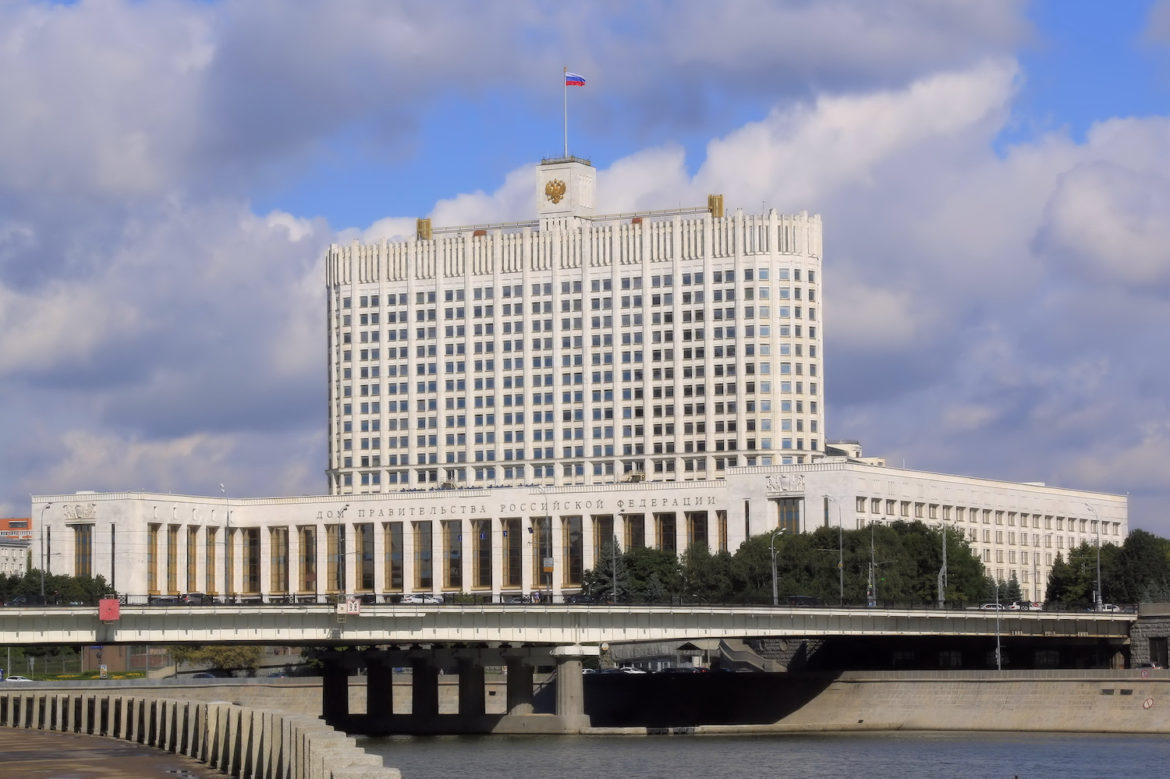Russian government bodies agreed on the future regulation of cryptocurrencies. This time, the central bank is on board, too.
The Russian government has published a document setting out the principles for the regulation of cryptocurrencies. The document appeared on the official website on Tuesday night and has the support of the central bank, which had called for a ban on crypto mining and trading.
The document (PDF in Russian) says Russians own over 12 million cryptocurrency accounts and about 2 trillion rubles ($26.7 billion) worth of crypto. It says the country ranks third in the world in bitcoin mining, a share the Cambridge Centre for Alternative Finance agrees with. With such a large volume of crypto, law-enforcement agencies are concerned they can’t adequately approach crimes involving crypto, the document said.
Cryptocurrency purchases in Russia must take place only through locally registered and licensed companies so that users are fully verified and information about their transactions can be made available to government agencies, the document said. The document does not cover cryptocurrency mining. Many of the stipulations require parliament to pass new laws.
All crypto-related transactions bigger than 600,000 rubles must be reported to the Federal Taxation Service. Failure to do so should be considered a felony, and using cryptocurrency to conduct a crime should be an aggravating factor.
The proposal suggests allowing banks to operate as intermediaries between users and cryptocurrency exchanges. The institutions will need to verify users’ identities, check transactions for signs of illegal activity, provide rails for fiat transfers and keep information about transactions for at least five years. Banks should also provide users the documents necessary to report their taxes, and government agencies data about transactions on the request.
Cryptocurrency exchanges and peer-to-peer marketplaces must register as legal entities and join an official register of digital-currency exchange operators. They must open a crypto account with an authorized bank and satisfy certain requirements applying to traditional financial organizations. Foreign exchanges must have an office in Russia and be registered there.
Banks working with crypto exchanges must use the Transparent Blockchain transaction tracking tool developed by Rosfinmonitoring, not products from foreign companies like Chainalysis, Elliptic or Crystal Blockchain. According to the document, Transparent Blockchain can help identify owners of cryptocurrency wallets using open source data, as well as information from the darknet, create patterns of illegal usage of crypto and serve as a register of addresses related to crimes and terrorism financing.
According to the announcement, the proposal was agreed on by the Bank of Russia, Ministry of Finance, Ministry of Economic Development, Federal Taxation Agency, anti-money laundering watchdog Rosfinmonitoring and the key law enforcement bodies: Ministry of the Interior, Federal Security Service and the Prosecutor General’s office. Earlier, the Bank of Russia had been a dissenting voice.
According to the newspaper Kommersant, the approach puts cryptocurrencies on a level with foreign currencies, which are regulated in a similar fashion. The new laws and directives are likely to come into force in the second-half 2022 or early 2023, Kommersant said.
